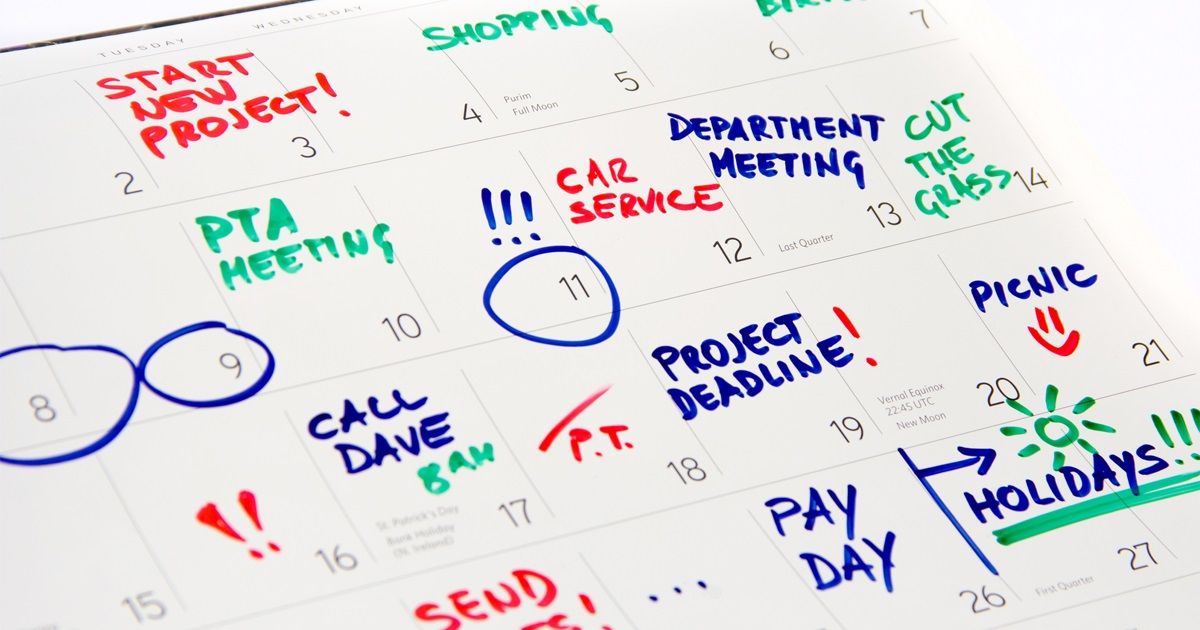I was a little hesitant to share, because none of this seems groundbreaking. But, interestingly, this seemed to resonate. I heard from several of you how these simple truths were valuable. Over the next four weeks, I want to take a deeper dive on each of those four topics: Humility, Alignment, Trust, and Communication. At our company retreat, Anna Brimer on our team helped us tackle Humility. I love the way she addressed a common misconception about humility: people often think that humility and confidence cannot coexist. She shared that arrogance is a by-product of pride and that confidence is a by-product of humility.
When it comes to team synergy, each of us individually has to walk with humility in order to produce a collective benefit for every single person who comes in contact with each of us, our work, and our brand. Anna identified three major roadblocks to humility that I believe every leader needs to address:
1. Humility cannot exist where offense operates.
Each person on the team must give others the benefit of the doubt and assume good intentions. In our organization, when someone approaches me with a concern, I remind myself: this isn’t about defending my position; it’s about understanding their perspective. Our ability to look past the circumstance at hand and see the person creates an atmosphere of trust. This means we have the best interest of others at heart in conversations and actions, and trust that others are doing the same for us.
2. Humility cannot exist where jealousy festers.
I've seen talented teams implode not because they lacked skill, but because they couldn't celebrate each other's successes. True humility calls out the potential in one another and invites us to help where we can for people to reach that potential. Even if it means that someone else surpasses us. This means we are humbly confident in ourselves and what we are called to do, and we work toward helping other people to do the same.
3. Humility cannot exist where passiveness presides.Real humility isn't about being a doormat; it's about having the courage to have difficult conversations and welcome feedback. Some of my greatest growth moments came when team members cared enough to challenge me.[highlight]This means that we take responsibility for my mistakes, that we welcome feedback to grow, and we are eager to learn. T.S. Eliot said it perfectly: "Humility is the most difficult of all virtues to achieve; nothing dies harder than the desire to think well of oneself."Anna’s challenge to us is my challenge to you this week: Take an honest self-audit. Ask yourself:
- Do I believe the best in others, or am I quick to take offense?
- Do I genuinely want others to succeed, or do I feel threatened by their success?
- Do I hold high expectations for others, or do I let mediocrity slide to avoid conflict?
Your answers might make you uncomfortable. That's good. Growth starts at the edge of comfort.Remember, humility isn't about thinking less of yourself – it's about thinking of yourself less. When every team member embraces this mindset, synergy isn't just possible; it's inevitable.


.svg)







